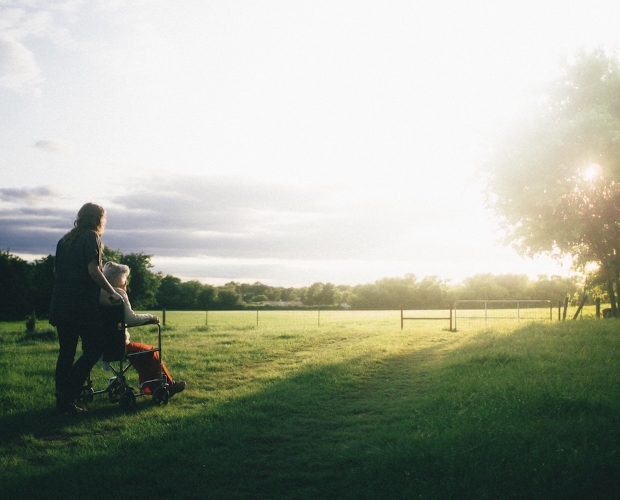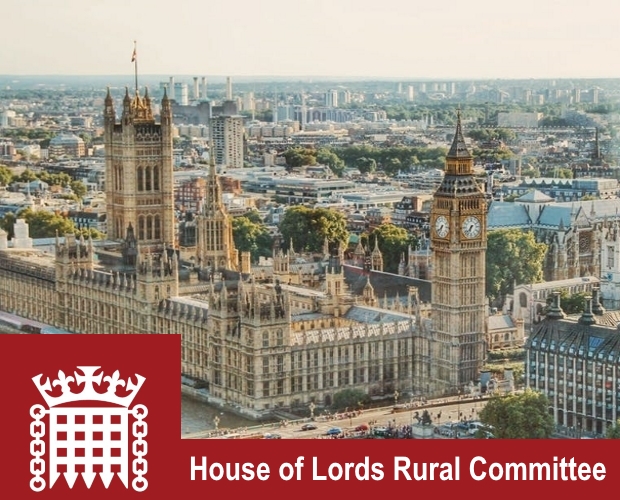T: 01822 851370 E: [email protected]
The Rural Services Network is proud to highlight a remarkable initiative undertaken by one of our members, the Herefordshire Youth Employment Hub. This hub, a new cornerstone for youth engagement and support in Herefordshire, has been making significant strides in...
England’s largest councils are urging the government to delay the introduction of the cap on adult social care costs, warning that the reforms are impossible to implement by October 2025 due to a staggering £30 billion funding shortfall. The County...
The Department for Education issued a press release on the 24th May 2023 setting out how local employer skills gaps are to be addressed with a funding boost to transform training and grow the economy. The press release provides details...
Date: 27th January 2021 Subject: Rural Rural Education, Training & Apprenticeships Chair: Graham Biggs MBE, Chief Executive at Rural Services Network - To download the Agenda for this seminar click here - To download the Attendance and Apologies for this seminar...
Local publication, In Your Area, has reported that a new skills training programme is providing countryside and land management skills training at Coldharbour Mill, Devon The historic mill’s scheme, which launches this month, will help candidates learn new rural work...
On the 29th September the Prime Minister made a speech outlining a ”major expansion of post-18 education and training to level up and prepare workers for post-COVID economy” From April (in England) “Adults without an A-Level or equivalent qualification will...
This analysis presents data taken from the Annual Population Survey of the proportion of employees and self-employed that received job related training in the preceding 4 weeks (employees and self employed aged 16-64). The analysis shows the results of the...
The BBC reports that the Liberal Democrat party are proposing a £10,000 grant for every adult in England to put towards education and training. The money would go into a "skills wallet" over a period of 30 years, to help...
The House of Lords Rural Economy Committee met for a final evidence session on the Government’s vision for the rural economy on Tuesday 22 January. The committee heard evidence from: Michael Gove MP, Secretary of State for Environment,...
NEWSLETTER
Sign up to receive all our latest news and updates.
HOT TOPICS
Amid reduced public spending, fair resource allocation across regions is crucial. Despite a population larger than Greater London, rural areas receive significantly less funding for essential services, even though delivering these services in rural areas is more expensive.
Economic growth is widely acknowledged as essential for national wealth and prosperity and is a priority for political parties. Rural economies, employing millions and home to a higher proportion of small businesses, have potential for growth if barriers are removed.
Rural residents face distinct healthcare challenges, including limited access to transport, longer distances to medical facilities, an aging demographic, housing inadequacies, digital connectivity gaps, and difficulties recruiting health and care workers.
Rural communities are grappling with a severe affordable housing crisis, marked by high house prices, a lack of affordable housing, elevated living costs, and lower incomes, threatening their sustainability and vitality.
Transport is vital for the quality of life and economic health of rural areas, yet it faces challenges such as infrequent public bus services and less Government funding compared to urban regions.
Rural areas, encompassing a substantial portion of England's population and land, play a pivotal role in combating climate change and achieving the net zero target.
In an increasingly digital world, the lack of robust digital infrastructure in rural areas severely limits access to crucial services and stifles economic growth.
A future-focused vision for rural communities involves not just building the right homes in the right places but also ensuring thriving, sustainable communities.
SIGN UP TO OUR NEWSLETTER
Sign up to our newsletter to receive all the latest news and updates.











